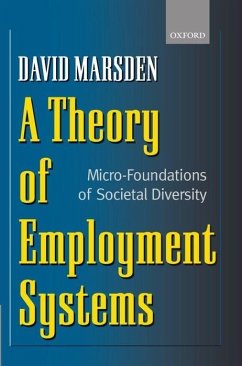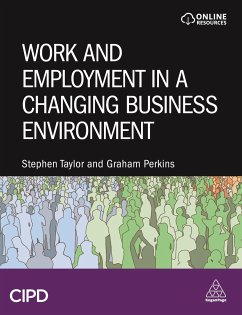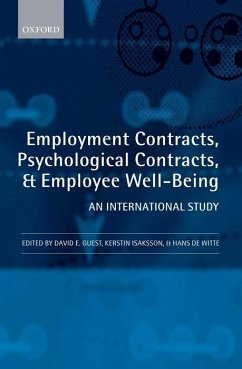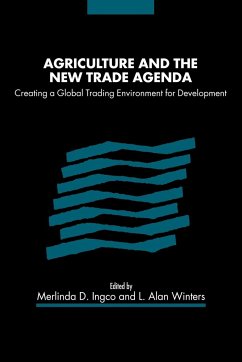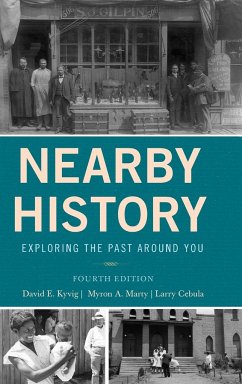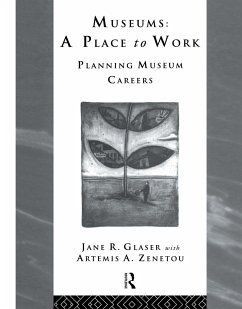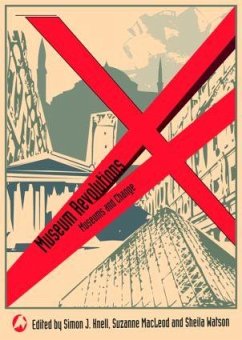
Understanding Work and Employment
Industrial Relations in Transition
Herausgeber: Ackers, Peter; Wilkinson, Adrian

PAYBACK Punkte
107 °P sammeln!
This book aims to analyze, advertise and criticize the contribution of industrial relations to social science understanding. It brings together leading scholars to reconsider the theoretical foundations of industrial relations and its potential contribution to the wider understanding of work and economic life, to learn what it can gain from a stronger engagement with these surrounding disciplines and national traditions.The introduction provides a critical, though broadly sympathetic outline of the development of the main stream industrial relations tradition. Part One recognizes the interdisc...
This book aims to analyze, advertise and criticize the contribution of industrial relations to social science understanding. It brings together leading scholars to reconsider the theoretical foundations of industrial relations and its potential contribution to the wider understanding of work and economic life, to learn what it can gain from a stronger engagement with these surrounding disciplines and national traditions.The introduction provides a critical, though broadly sympathetic outline of the development of the main stream industrial relations tradition. Part One recognizes the interdisciplinary character of industrial relations by concentrating on 'border encounters' with the cognate academic disciplines of sociology, economics, management, history, psychology, law, politics and geography. Of particular interest is how far industrial relations has contributed to social science understanding beyond its own narrow borders. Part Two combines a major critical analysis of the American school, with three shorter discussions of Australia, Europe and Japan. Part Three looks forward to the potential contribution of industrial relations to our understanding of work, employment and society by identifying a variety of key dilemmas and debates which call for new interdisciplinary thinking. Finally, the book ends with a critical reassessment of the industrial relations tradition.





